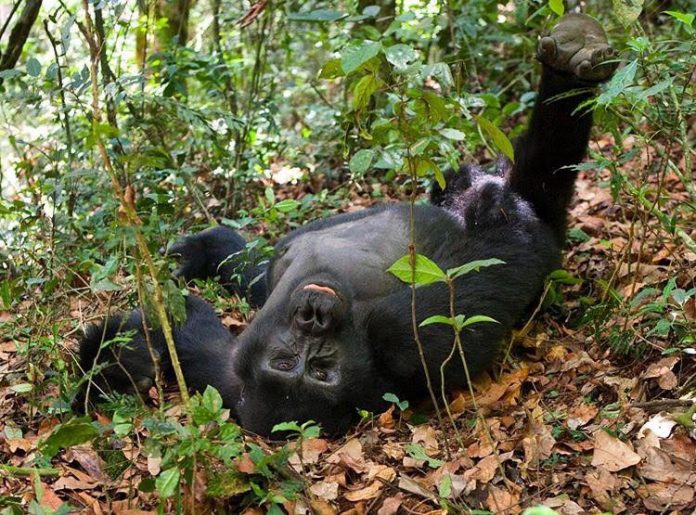The World Bank has recently advised Uganda to reconsider its tourism strategy, emphasizing the need for a more sustainable and diversified approach. The international financial institution has urged the East African nation to capitalize on its abundant natural resources and cultural heritage while addressing key challenges that hinder the sector’s growth. This article delves into the World Bank’s recommendations and explores the potential benefits that a revamped tourism strategy could bring to Uganda.
Diversification and Sustainability
According to the World Bank, Uganda’s current tourism strategy is heavily reliant on traditional wildlife safaris, which pose several challenges. The Bank stresses the importance of diversifying the country’s tourism offerings to include alternative attractions such as cultural tourism, eco-tourism, adventure tourism, and community-based tourism. By broadening its offerings, Uganda can attract a wider range of tourists and reduce its vulnerability to fluctuations in wildlife populations.
Preserving Natural and Cultural Heritage
Uganda boasts an incredible wealth of natural and cultural heritage that remains largely untapped. The World Bank urges Uganda to develop sustainable tourism initiatives that preserve and protect these invaluable assets. By prioritizing conservation efforts, the country can safeguard its unique ecosystems and cultural sites, ensuring their longevity for future generations.
Community Engagement and Local Development
One crucial aspect emphasized by the World Bank is the involvement of local communities in the tourism sector. Engaging local communities through community-based tourism initiatives can provide them with economic opportunities, empowering them to actively participate in and benefit from tourism activities. This approach not only supports inclusive growth but also enhances the overall visitor experience by offering authentic cultural encounters.
Infrastructure Development and Connectivity
Improved infrastructure and connectivity are pivotal in attracting tourists to Uganda. The World Bank advises the government to invest in enhancing transportation networks, such as roads and airports, to facilitate easier access to tourist destinations. Additionally, the development of reliable utilities, including water and electricity, is essential for ensuring visitor comfort and satisfaction.
Capacity Building and Quality Assurance
To enhance the competitiveness of Uganda’s tourism sector, the World Bank stresses the importance of capacity building and quality assurance measures. This involves investing in training programs for tourism professionals to improve service delivery, hospitality, and destination management. By maintaining high standards and quality control, Uganda can build a solid reputation as a desirable tourism destination.
Marketing and Promotion
The World Bank recommends that Uganda intensify its efforts in marketing and promoting its tourism offerings internationally. By leveraging digital platforms, social media, and targeted campaigns, the country can effectively reach potential tourists and showcase its unique attractions. Collaborating with travel agencies, tour operators, and international media outlets can also contribute to raising Uganda’s profile as a must-visit destination.
The World Bank’s advice to Uganda to change its tourism strategy holds significant potential for the country’s economic development and environmental preservation. By diversifying its tourism offerings, preserving natural and cultural heritage, engaging local communities, improving infrastructure, ensuring quality standards, and enhancing marketing efforts, Uganda can unlock new opportunities and attract a larger and more diverse tourist base. Implementing these recommendations will require strategic planning, collaboration, and sustained commitment from the government, local communities, and stakeholders in the tourism sector. With a comprehensive and sustainable approach, Uganda can position itself as a leading tourism destination in East Africa.






